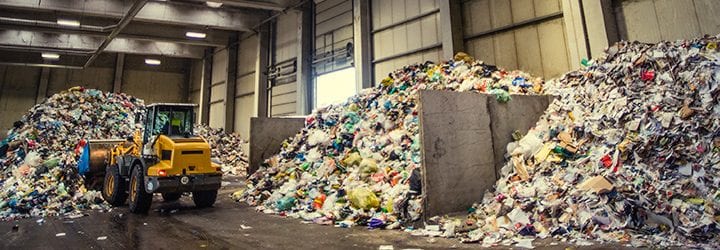BACKGROUND:
Access Health and Community (AccessHC) provides high quality health and community services for its local community, focussing its efforts on those who have reduced access or increased complexity due to their health, social or personal determinants. It is Australia’s oldest community health service and is now a major player in health and community services in the inner eastern suburbs of Melbourne.
The organization has 15 sites across the cities of Yarra, Boroondara, Manningham and Whitehorse with more than 350 staff and more than 250 Volunteers. The sites range from large three storey mixed clinical and office buildings of 50-80 staff to small residential houses converted into community houses, or bases for outreach staff. Three properties are owned by AccessHC, some are collocated with other services, and the remainder are rented from councils. This means there is a mix of energy and waste streams and contracts and a mixed ability to create change due to constraints of the tenancy or property type.
AccessHC is highly committed to be a greener workplace. AccessHC would like to engage RMIT students in a project to assess its environmental performance and then develop an environmental management plan for the whole organisation.
The environmental performance assessment focuses on 3 main areas:
- Energy Consumption
- Water Consumption
- Waste Generation
Students will work in groups focusing on each of the main areas.
The focus of this sub-project is on waste management. Students will be required to conduct a study on current waste management practices and provide recommendations for reducing and recycling waste at AccessHC’s sites. These will contribute to the overall environmental management plan of AccessHC.
KEY PROJECT TASKS:
- Baselining and benchmarking study on waste generation at AccessHC’s sites;
- Making recommendations on what changes AccessHC could implement in the short, medium and long term to reduce and recycle waste;
- Setting up a monitoring and reporting system for sustainable waste management.
DELIVERABLES:
| No. | Description | Initial Timing Estimate |
| 1 | Background research and literature review | March 2020 |
| 2 | Baselining and benchmarking study | April-May 2020 |
| 3 | Environmental targets (recommendations) | July 2020 |
| 4 | Action Plan and Communication Plan | August-September 2020 |
| 5 | Environmental Management Plan | October-November 2020 |
| 6 | Final presentation and report | November 2020 |
The project report shall be written up as an environmental management plan. A suggested template includes:
- Executive Summary
- Introduction:
- Background
- About the organization
- Prior actions and achievements
- Environmental Policy
- Baseline Environmental Performance
- Overview
- Energy Consumption
- Water Consumption
- Waste Generation
- Environmental Targets:
- Overview
- Energy consumption
- Water consumption
- Waste Generation
- Action Plan
- Communication Plan (optional)
- Monitoring, Review and Continuous Improvement
The project deliverables shall be written for a wide audience. It should be assumed the majority of readers do not have an in-depth understanding of energy efficiency audits.
WORK METHOD:
TBD
KEY ATTRIBUTES:
Attributes required include:
- Research skills
- Intermediate understanding about environmental management and sustainable development
- Self-motivated.
APPLICATIONS:
Students being interested in this project should send their CV and an expression of interest to Nina Nguyen at nina.nguyen@rmit.edu.au before 15 January 2020.

